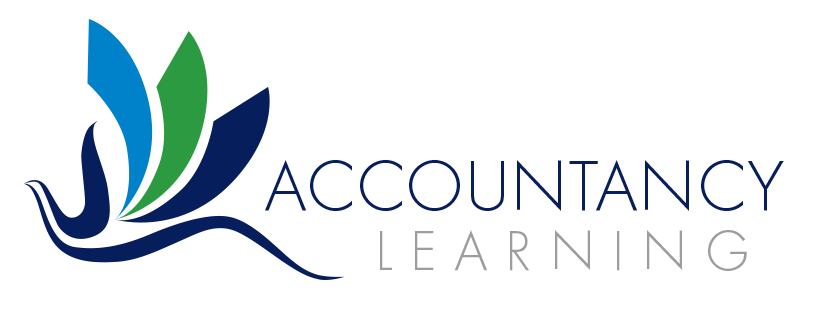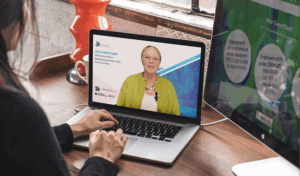Apprenticeships are much more than just a qualification…
For example, when I deliver non-exam training I have often been asked about certificates of attendance. Some people seem to like collecting certificates but a collection of pieces of paper does not necessarily translate to competence. Attending a course or even passing an exam does not automatically mean that someone can do things well or even do things at all.
Accounting qualifications have taken this into account for decades. Professional bodies such as ICAEW require at least three years of practical work experience in addition to exam passes before admitting people to membership. The work experience required needs to be relevant and allows trainee accountants to put into practice the things that they learn in their exam studies.
Both the exams and practical work experience requirements take into account the skills that trainee accountants need to be effective at work now but also those needed in the future. This can be a challenge when learners ask why they need to study something that they perceive to be irrelevant. Many trainees do not appreciate the skills that they need to be a great accountant. The practical experience is also important because the real world moves faster than exam syllabi. Distributed ledger systems such as Blockchain probably existed when your exam syllabus was written but the importance of them may not have been appreciated and therefore they may not have been emphasised enough in the syllabus.
Apprenticeship standards set out a variety of knowledge, skills and behaviours that apprentices need to demonstrate to pass their apprenticeship. Many of these are gained through the practical work experience gained with an employer and some are supported by tuition providers like Accountancy Learning. The accounting professional bodies also offer support with webinars covering the latest hot topics.
Many apprentices use the resources of their own professional body but do not often use those provided by the others so our apprenticeship programme signposts the various resources that are available.

ICAEW provides some useful webinars that help to explain some of the apprenticeship standards and what you can do to achieve them. They also have resources which focus on topics relevant to the digital world but these are only accessible to ACA students and their members. ACCA provides some good webinars that can keep you up to date and to help you with some of the non-technical skills that are so important to accountants. CIMA’s webinars are really practical and could help you to add value to your business. If you work in the public sector or have any public sector clients then CIPFA’s webinars are very informative. Our AAT and ACA students can also access Excel spreadsheet training to improve their skills in that area. Spread sheets are a key tool for accountants but many of the functions available are unused by most.
The Chartered Accountants Benevolent Association (CABA) provides courses on things like improving resilience which can help you to achieve a number of apprenticeship learning outcomes.
Whether you are doing a level 3, level 4 or level 7 apprenticeship, you need to be able to demonstrate continuous learning.
- Level 3 – demonstrate a commitment to their personal development
- Level 4 – demonstrate your commitment to continuous learning
- Level 7 – take responsibility for their own professional development by seeking out opportunities that enhance knowledge, skills and experience
So why don’t you take some time to explore the resources available and invest in your own development. You can find links to these and other resources on our virtual learning environment.
Written by Ros Aala




